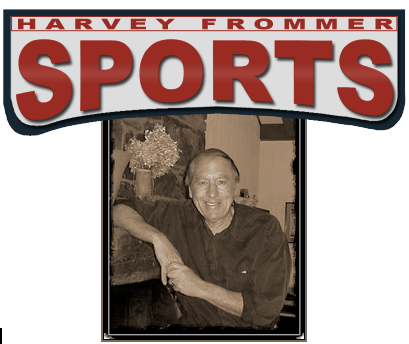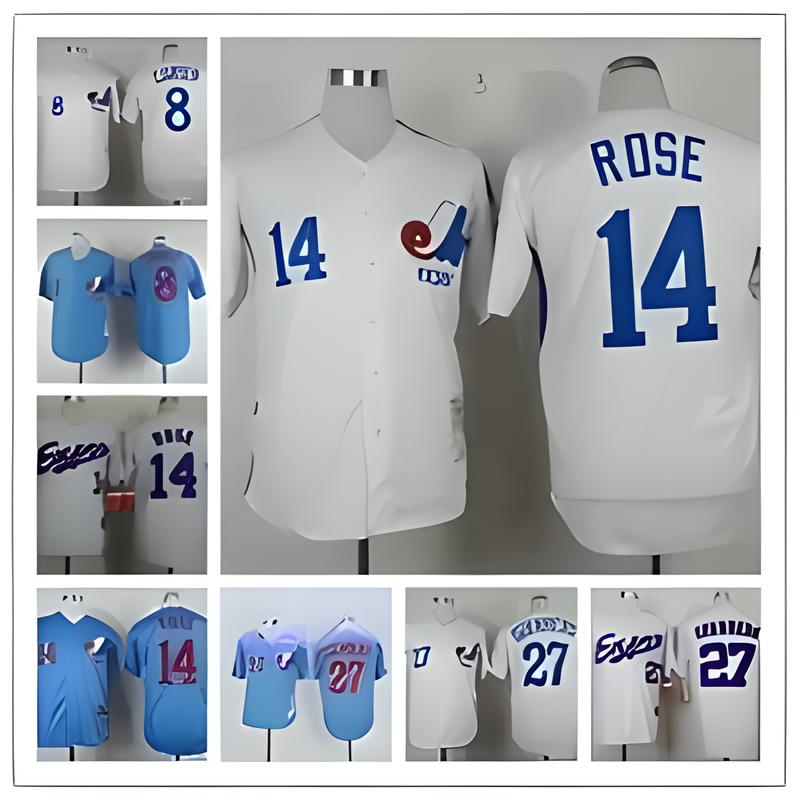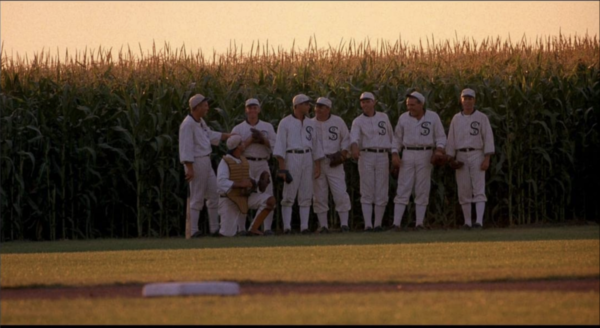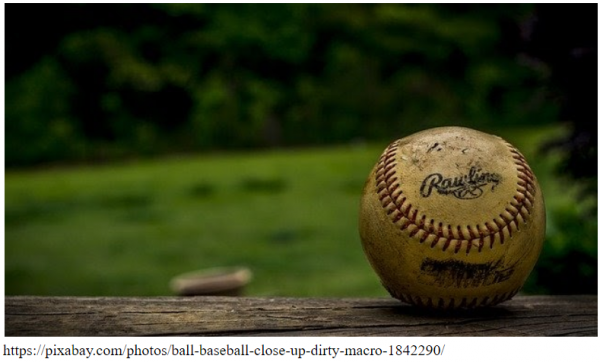“Make ’em pay. Make ’em pay you a thousand dollars. Don’t go help those people with their shows for coffee-and-cake money. You’re the Yankees—the best. Make ’em pay you high.”—Casey Stengel
By Harvey Frommer
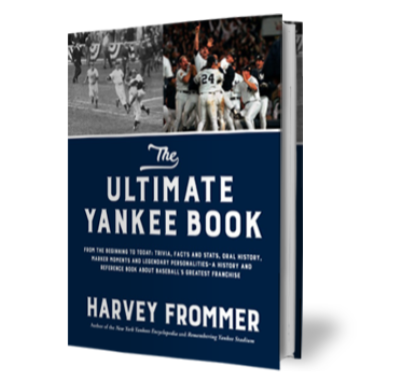
I first met Casey Stengel in the dugout at Shea Stadium when he was the manager and ring-master for the inept New York Mets. It was early in the day and I thought he was asleep. I presented a letter that was affixed to my clipboard from a publisher for a book I was doing and contained the information: “Please extend all professional courtesies to Dr. Harvey Frommer
He read it and then exclaimed: “I am extending – here is my arm, my fingers” (and other unmentionables). Casey also noticed the letter reference to “Dr.” and said I need a doctor.” Pointing at various parts of his body he exclaimed this hurts and this hurts, that hurts.”
“I am not that kind of doctor,’ I told him. “I am a Ph.D.”
“Why didn’t you say so? Let’s get down to business.”
Business was a rambling 35 minutes spiced with the line “You could look it up.” His gift for gab and charming but a bit common personality was hypnotic. From time to time representatives of the New York media appeared and he shooed them away waving his arms. “Come back later. I am with my doctor now.”
I will never forget that time spent with Charles Dillon Stengel, born on July 30, 1890, in Kansas City, Missouri. Now there is a new manager at the helm of the New York Yankees. They can come and go but no one will ever match his winning record, his way with the media, his special ways with the English language.
The salty Stengel seemingly was a man who had been around baseball forever. And he always seemed to reincarnate himself. Back in 1912, he began in the big leagues playing 17 games for the Brooklyn Dodgers. His salary was $2100.
Fresh off piloting Oakland in the Pacific Coast League and the team of “nine old men” to the Pacific Coast League championship in 1948, Casey Stengel was introduced on October l2th at a press conference as the manager of New York Yankees. It was said that he was offered the job on the recommendation of dour and business-like General Manager George Weiss. Their friendship went back decades.
“I didn’t get the job through friendship,” he said in a serious tone. “The Yankees represent an investment of millions of dollars. Because I can make people laugh, some of you think I’m a damn fool. But as player, coach and manager I have been around baseball for some 35 years. (He’d played in or managed over 5,000 games). I’ve watched some successful managers as John McGraw and Uncle Robbie work. They don’t hand out jobs like this just because they like your company. I got the job because the people here think I can produce for them.”
The new contract covered two years and was for a total of $70,000. At the start, there were doubters. There were also supporters.
EDDIE LOPAT: It was a shock when Stengel was announced as the new manager. We thought we got us a clown. When spring training started in 1949, we just sat back and watched his reaction. He never said too much about anything to anyone. It was a treat for him to be with us after all the donkey clubs he had. He was something. He didn’t need notes. He knew what every hitter or pinch hitter could do against certain pitchers. He could make the moves.
The great sportswriter Grantland Rice wrote: “Stengel is a high-grade manager who knows his trade.”
That first Stengel Yankee season was one that he had to cope with injuries. The famous Charlie Keller-Joe DiMaggio-Tommy Henrich outfield was never in place. The entire season was missed by Keller while DiMaggio’s damaged heel kept him out until late June. Phil Rizzuto missed playing time. Coping, Stengel mixed and matched, patched in non-prime time performers, game by game the new manager managed and led the Yankees to the first of five straight world championships.
EDDIE LOPAT: When we won the World Series in 1949 and came to spring training the next year, Stengel told us: “Last year is past history. We never look back. We gotta go back and beat ’em again this year.” We had guys on the bench who could play as good as the starters. They hated to get on the bench because they knew they might not get back for three or four weeks, or ever. When we played the other teams, we never underestimated them or ourselves. Casey’s attitude was our attitude. They would have to run us off the field, but not in the newspapers.
Together with his wife Edna, Stengel lived with in Manhattan’s upscale Essex House. Formerly a silent screen movie star, a fashion plate, Edna selected Casey’s clothes. Off season, the Stengels lived in a big house in Glendale, California. At times there were 50 to 75 children there even though Casey and Edna had no offspring of their own. Edna’s nieces and nephews and the children of Yankee players and their wives were always around.
“It was real Yankee family back then,” Yogi Berra said. “Casey and Edna were like a father and mother to us all.”
The Yankee pipeline of talent flowed in the Stengel years. There was a Stengel induced ferocious competition for playing time. Organizational loyalty, Yankee pride, were the cornerstones of Stengel’s way…
Left-handed hitting Gene Woodling and right-handed hitting Hank Bauer often shared outfield duties.
“We didn’t like it,” Bauer said. “But you couldn’t complain too much—we walked into the bank every October.”
BILL SKOWRON: Case would leave us alone to get in shape in spring training. But when those last 10 days of spring training came around you knew you had to be better ready to play.
Oh, how they were ready to play. The Stengel Yankees became so successful that the line “Rooting for the Yankees is like rooting for General Motors” became a back-handed put down.
JERRY COLEMAN: Casey was a great, great manager, probably the greatest of all. He understood his players, what they could do and what they couldn’t do. He understood the front office – what they wanted from him. He understood the media and that was vital in New York. He understood the fans – he was great communicator.
BILL SKOWRON: Sure he wasn’t that young, but he knew and we knew what we had to do. He’d leave us alone when we were winning. He’d holler ‘butcher boy’ and ‘don’t swing too hard at ground balls’ and ‘don’t beat yourselves.’ But when he saw us making mistakes, he’d get excited and do some yelling.
Always with a way with words, with his players, with the media, Charles Dillon Stengel was nobody’s fool and he knew every trick of the trade .He rode the “hot hand.” Platooning players, odd deployment of pinch hitters, strange pitching match-ups, playing hunches – – all were part of his managerial persona.
“Casey knew his baseball,” Sparky Anderson, another top manager said. “He only made it look like he was fooling around. He knew every move that was ever invented.”
The man who for decades had traveled through baseball’s wilderness, was generally the only one who knew what the next day’s batting order would be, what the pitching rotation would look like.
STAN LOMAX: There was no doubt that Casey was a newspaperman’s best friend. He only used ‘Stengelese’ (his own special version of double-talk) when he didn’t want to say anything. He would talk about how he met the King of England when he and George Kelly made a ’round-the-world tour. Case would talk you ’round the world in his talks, but if you were honest with Case . . . Case would be honest with you
TONY KUBEK: There was the Casey Stengel who could talk for hours on the long 36 hours of train trips to Kansas City. There was the sensitive Casey Stengel. There was the Casey Stengel of the Yankee pride.
ROGER KAHN: I suppose a highlight of the time I covered the Yankees was being in the bar in the press room where Casey Stengel used to hang out. He had writers divided into two categories: “my writers” and “the other guy.” I was one of his writers, and he would go on and on to me about all subjects.
The amazing streak of five straight pennants and world championships for the New York Yankees began in 1949 and Casey Stengel won the “Manager of the Year” award. “I want to thank all these players,” he said in the clubhouse celebration, “for giving me the greatest thrill of my life. And to think they pay me for managing so great a bunch of boys.”
By 1958, Stengel’s New York Yankees were still top dog in baseball winning the pennant by 10 games. The following year, however, they finished in third place—their lowest position in Stengel’s tenure.
Nearing 70, impatient, he made moves in games that were questioned, that seemed strange even for a manager who had always made some unorthodox decisions. There was another Yankee pennant in 1960 but a loss in the World Series to the Pirates on Bill Mazeroski’s walk off home run.
That ended it for the Ol Perfessor. Owners Topping and Del Webb dissatisfied with Stengel for a few years, moved him out. The word was that he had been let go because of a mandatory retirement age of 65—just for him.
“I commenced winning pennants when I got here,” Stengel told those gathered at a press conference, “But I didn’t commence getting any younger. They told me that my services were no longer desired because they wanted to put in a youth movement as an advance way of keeping the club going. The trick is growing up without growing old. Most guys my age are dead at the present time anyway and you could look it up. I’ll never make the mistake of being seventy years old again.”
In Casey’s time as leader of the New York Yankees there were 10 pennants and seven world championships, the greatest run by any manager ever. Only once in his dozen seasons did his teams win fewer than 90 games; his Yankee career managing record was 1,149-696, a winning percentage of .623.
Again the life in baseball continued for Charles Dillon Stengel. He was installed and allied again with George Weiss as manager of the New York Mets. That was where I came to meet him.
Inducted into the Baseball Hall of Fame in 1966, Casey Stengel was fittingly selected as “Baseball’s Greatest Manager” during the sport’s centennial. He passed away on September 29, 1975 in Glendale, California.
One of the most prolific and respected sports journalists and oral historians in the United States, author of the autobiographies of legends Nolan Ryan, Tony Dorsett, and Red Holzman, Dr. Harvey Frommer is an expert on the New York Yankees and has arguably written more books, articles and reviews on the New York Yankees than anyone. In 2010, he was honored by the City of New York to serve as historical consultant for the re-imagined old Yankee Stadium site, Heritage Field. A professor for more than two decades in the MALS program at Dartmouth College where he is known as “Dr. Baseball,” Frommer is the founder of www.HarveyFrommerSports.com.
Some of the material in this article is excerpted from his latest The Ultimate Yankee Book, available direct from the author or at Amazon. http://www.frommerbooks.com/ultimate-yankees.html

